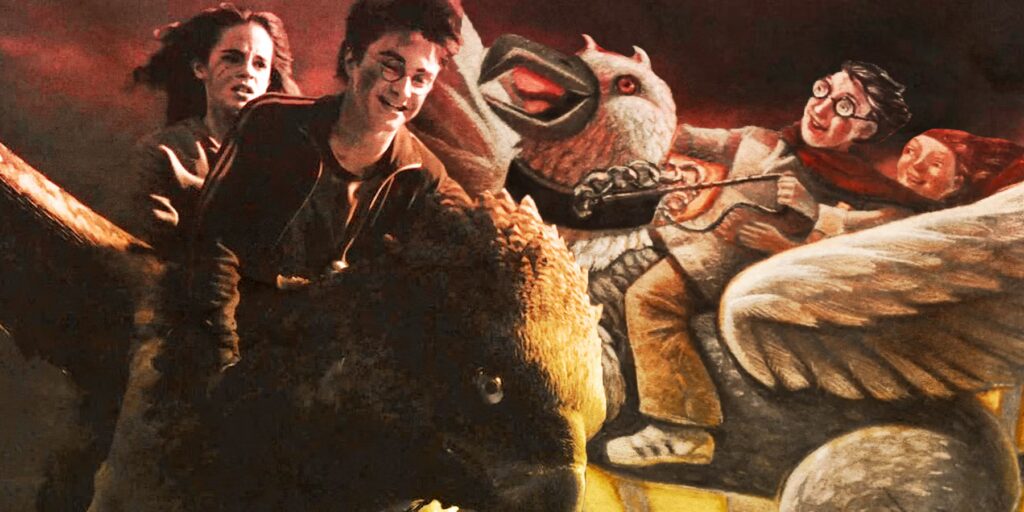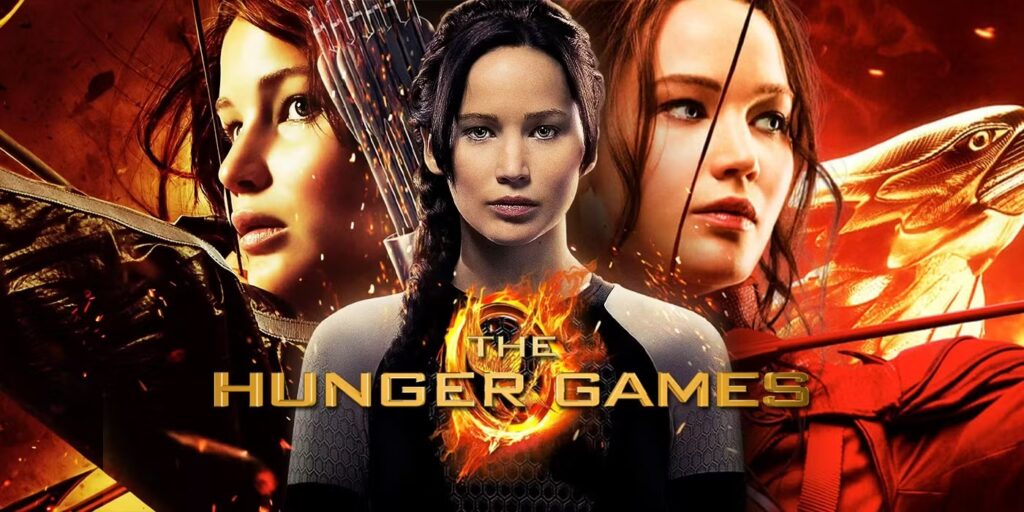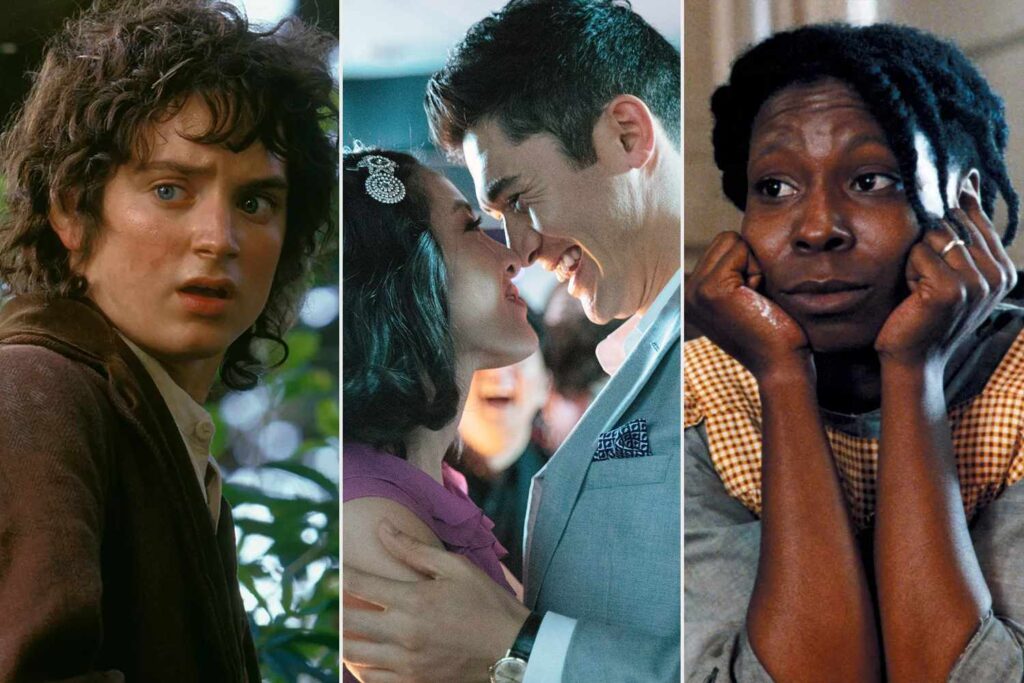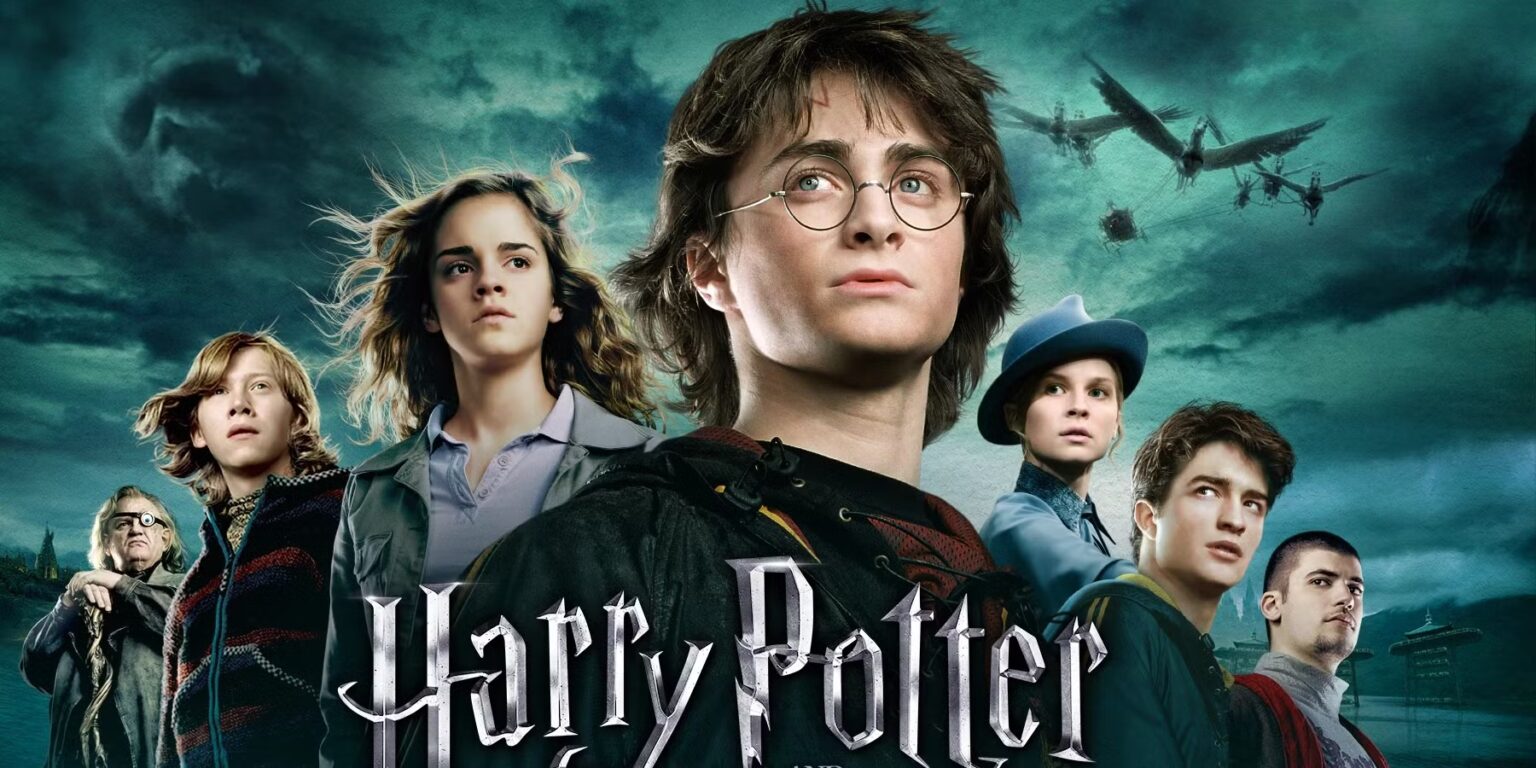The transition from page to screen is a fascinating journey that many beloved stories embark upon. Book adaptations in film have gained immense popularity over the years, captivating audiences and drawing them into the worlds created by authors. This article explores the most popular book adaptations in film, highlighting what makes them resonate with viewers and the impact they have on both the literary and cinematic landscapes.
Criteria for Popularity
The popularity of a book adaptation can be gauged through various factors, including box office success, critical acclaim, and audience reception. A film that successfully captures the essence of its source material while providing a fresh perspective often garners a strong following. Additionally, star-studded casts, innovative direction, and compelling marketing strategies can significantly enhance a film’s appeal, making it a cultural phenomenon.
Top Popular Book Adaptations

Harry Potter Series
J.K. Rowling’s “Harry Potter” series has become a cornerstone of both literature and film. The story of a young wizard navigating the challenges of adolescence while battling dark forces captivated millions. The films, which brought the enchanting world of Hogwarts to life, have grossed over $7 billion worldwide. The blend of magic, friendship, and adventure made these adaptations resonate deeply with audiences of all ages.
The Lord of the Rings Trilogy
Based on J.R.R. Tolkien’s epic novels, “The Lord of the Rings” trilogy redefined the fantasy genre in cinema. Directed by Peter Jackson, these films were praised for their breathtaking visuals, intricate storytelling, and a faithful representation of Tolkien’s work. With multiple Academy Awards and a dedicated fanbase, the adaptations have solidified their place as some of the most beloved films in cinematic history.
The Great Gatsby
F. Scott Fitzgerald’s “The Great Gatsby” has seen several adaptations, but the 2013 film directed by Baz Luhrmann stands out for its bold visual style and contemporary music. This adaptation captures the opulence and underlying despair of the Roaring Twenties, resonating with both fans of the book and new audiences. The film’s vibrant portrayal of the Jazz Age, coupled with Leonardo DiCaprio’s compelling performance, helped it achieve significant commercial success.
To Kill a Mockingbird
Harper Lee’s classic novel “To Kill a Mockingbird” was adapted into a film in 1962, starring Gregory Peck as the moral backbone, Atticus Finch. The film’s powerful themes of racial injustice and moral integrity continue to resonate today. Its critical acclaim, including three Academy Awards, has cemented its status as one of the greatest films of all time.
The Hunger Games Series

Suzanne Collins’ “The Hunger Games” series gained immense popularity, leading to a successful film franchise. The dystopian narrative featuring Katniss Everdeen, played by Jennifer Lawrence, captured the imaginations of viewers. The films’ exploration of themes like survival, rebellion, and sacrifice resonated with a generation, making them both a commercial success and a cultural touchstone.
Impact of Book Adaptations
Book adaptations not only bring stories to life but also influence how readers perceive the original material. Films can reignite interest in books, leading to increased sales and renewed discussions around the themes and messages they convey. Moreover, adaptations can introduce new audiences to classic literature, sparking a love for reading that might not have existed otherwise.
Conclusion
The world of book adaptations in film is a vibrant tapestry woven with creativity, passion, and storytelling. As filmmakers continue to draw inspiration from literature, audiences can expect to see a wide array of adaptations that celebrate beloved tales. Whether they inspire nostalgia or spark new interest in reading, these adaptations play a crucial role in bridging the gap between books and films, ensuring that the stories we cherish remain alive on both page and screen.
For more updates and in-depth articles, visit Lifestyle Rule!
FAQs About Popular Book Adaptations in Film
1. What are some of the most successful book-to-film adaptations?
Some of the most successful adaptations include:
- Harry Potter series by J.K. Rowling
- The Lord of the Rings trilogy by J.R.R. Tolkien
- The Hunger Games series by Suzanne Collins
- To Kill a Mockingbird by Harper Lee
- The Godfather by Mario Puzo
These films garnered critical acclaim, box office success, and a dedicated fan base.
2. Why do filmmakers adapt books into movies?
Filmmakers adapt books into movies to:
- Leverage existing fan bases of popular novels.
- Create visually engaging storytelling experiences.
- Explore compelling narratives that resonate with audiences.
Books often have detailed plots and complex characters that translate well to the screen.
3. What are the challenges of adapting a book into a movie?
Key challenges include:
- Condensing the story to fit a standard film runtime.
- Staying true to the book while adding cinematic appeal.
- Managing fan expectations, especially for iconic works.
Balancing faithfulness to the source material with creative interpretation can be tricky.
4. Which genres are most commonly adapted into films?
The most commonly adapted genres are:
- Fantasy (Harry Potter, The Chronicles of Narnia)
- Science fiction (Dune, The Martian)
- Romance (Pride and Prejudice, The Notebook)
- Thrillers (Gone Girl, The Girl with the Dragon Tattoo)
These genres offer visually and emotionally compelling narratives.
5. Do book adaptations always follow the original story?
Not always. Filmmakers often:
- Condense subplots or characters to fit time constraints.
- Change endings or key events for dramatic effect.
- Add or remove scenes to enhance visual storytelling.
These changes can sometimes spark debate among fans.
6. What are some critically acclaimed book-to-film adaptations?
Critically acclaimed adaptations include:
- Schindler’s List (Schindler’s Ark by Thomas Keneally)
- The Shawshank Redemption (Rita Hayworth and Shawshank Redemption by Stephen King)
- Life of Pi by Yann Martel
- The Silence of the Lambs by Thomas Harris
These films were praised for their storytelling, direction, and performances.
7. How do authors typically feel about their books being adapted?
Authors’ feelings vary:
- Some enjoy seeing their work come to life (J.K. Rowling with Harry Potter).
- Others may dislike significant changes (P.L. Travers and Mary Poppins).
- Collaboration between authors and filmmakers can lead to successful adaptations.
It often depends on the level of creative control authors are given.
8. What are examples of book adaptations that differed significantly from the source material?
- The Shining by Stephen King (directed by Stanley Kubrick) deviated significantly, leading to King’s criticism.
- Jurassic Park by Michael Crichton streamlined scientific explanations for cinematic impact.
- World War Z by Max Brooks focused more on action than the original oral-history format.
Such changes can polarize audiences and readers.
9. Why do some book adaptations fail?
Failures often result from:
- Poor casting choices.
- Rushed or overly simplified storytelling.
- Deviating too much from the book, alienating fans.
- Budget constraints impacting production quality.
Examples include Eragon and The Golden Compass, which struggled to capture the magic of their sources.
10. What’s the future of book-to-film adaptations?

With the rise of streaming platforms, adaptations are expanding into:
- TV series for more comprehensive storytelling (The Witcher, A Song of Ice and Fire).
- Mini-series to explore subplots in depth (Big Little Lies).
- Spin-offs and prequels (Fantastic Beasts).
The trend shows no signs of slowing, with numerous adaptations announced every year.




